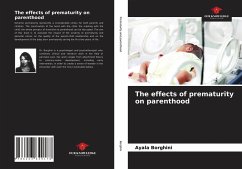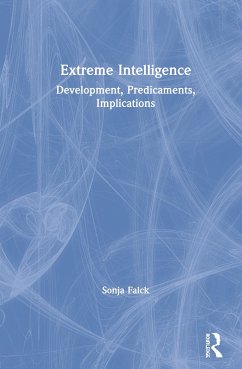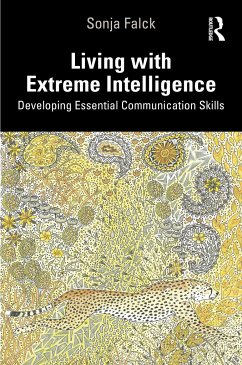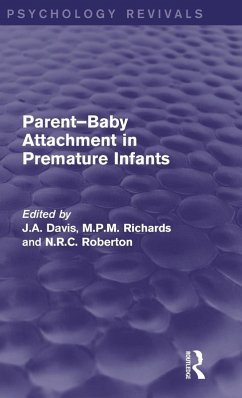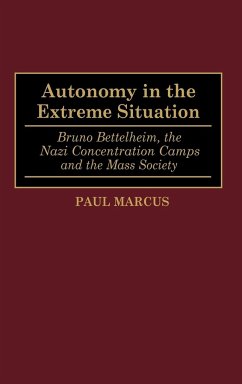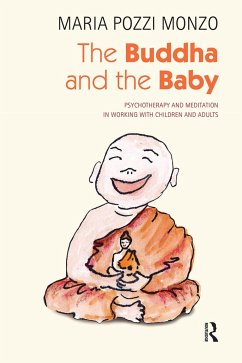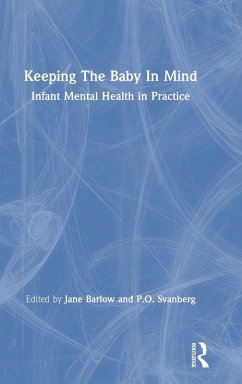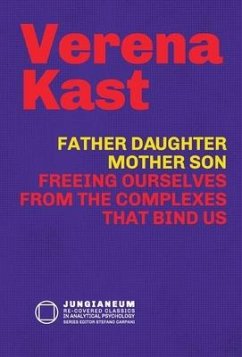
Mother-Baby Interaction in Extreme Prematurity
A Study of Interactive Quality at 3 and 9 Months
Versandkostenfrei!
Versandfertig in 1-2 Wochen
40,99 €
inkl. MwSt.

PAYBACK Punkte
20 °P sammeln!
Maternal sensitivity affects infant attachment and development. However, there are few studies in Portugal with extremely preterm infants (less than 32 weeks of gestation). The present study is dedicated to investigate the quality and continuity of mother-infant interactions in free interaction at 3 and 9 months.Compared to other Portuguese studies with preterm infants, mothers in our sample showed lower maternal sensitivity and infants lower infant cooperation. Additionally, the study indicates a strong association and continuity between maternal and infant behaviors at 3 and 9 months. Finall...
Maternal sensitivity affects infant attachment and development. However, there are few studies in Portugal with extremely preterm infants (less than 32 weeks of gestation). The present study is dedicated to investigate the quality and continuity of mother-infant interactions in free interaction at 3 and 9 months.Compared to other Portuguese studies with preterm infants, mothers in our sample showed lower maternal sensitivity and infants lower infant cooperation. Additionally, the study indicates a strong association and continuity between maternal and infant behaviors at 3 and 9 months. Finally, our results indicate that maternal and infant behaviors are affected by gestational weight and age, Apgar score, and number of days of infant hospitalization.The results, although not generalizable, indicate that these dyads struggle in establishing a positive and reciprocal relationship that is beneficial to the infant's development. This study joins a body of knowledge that indicates that maternal sensitivity should be a central aspect of early intervention with preterm infants.



